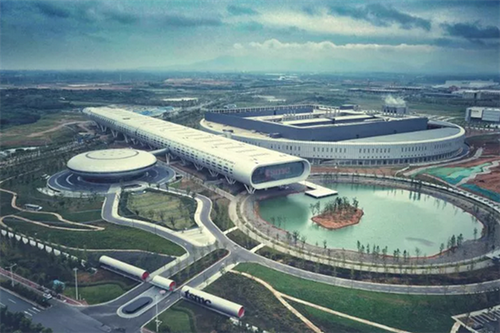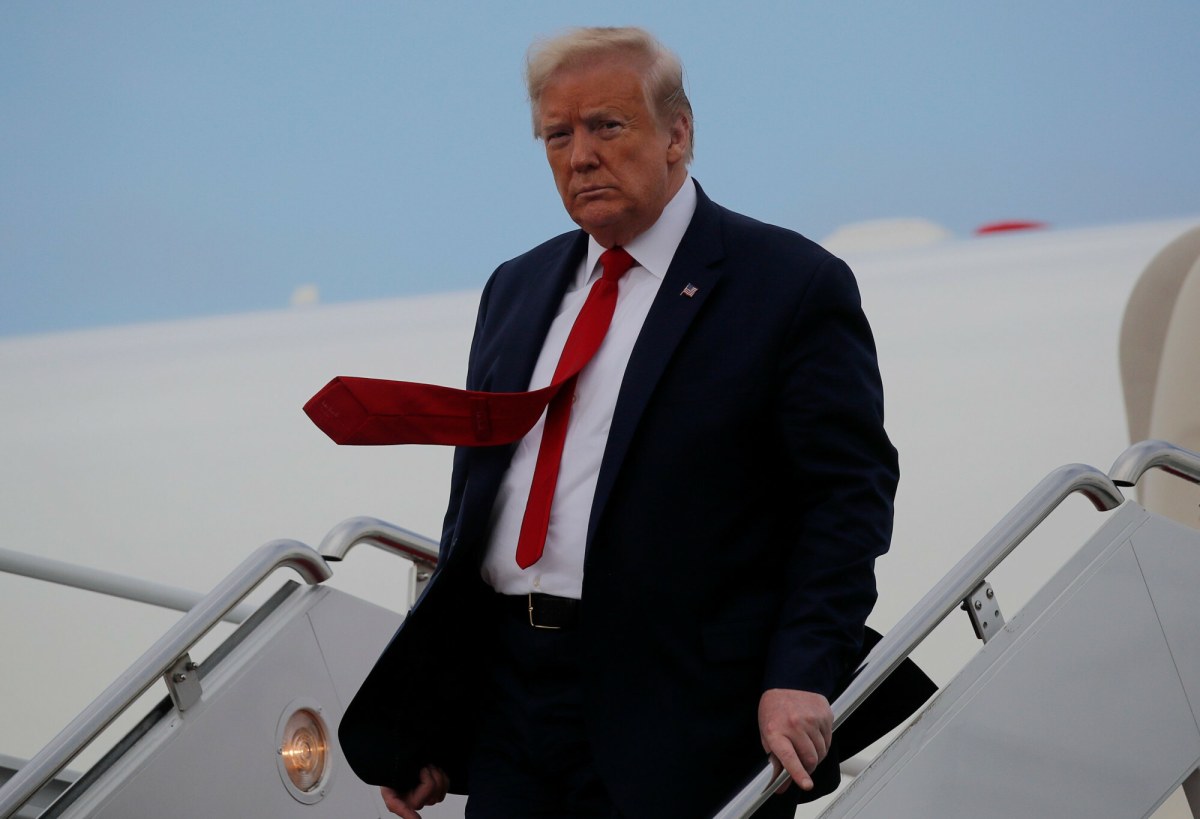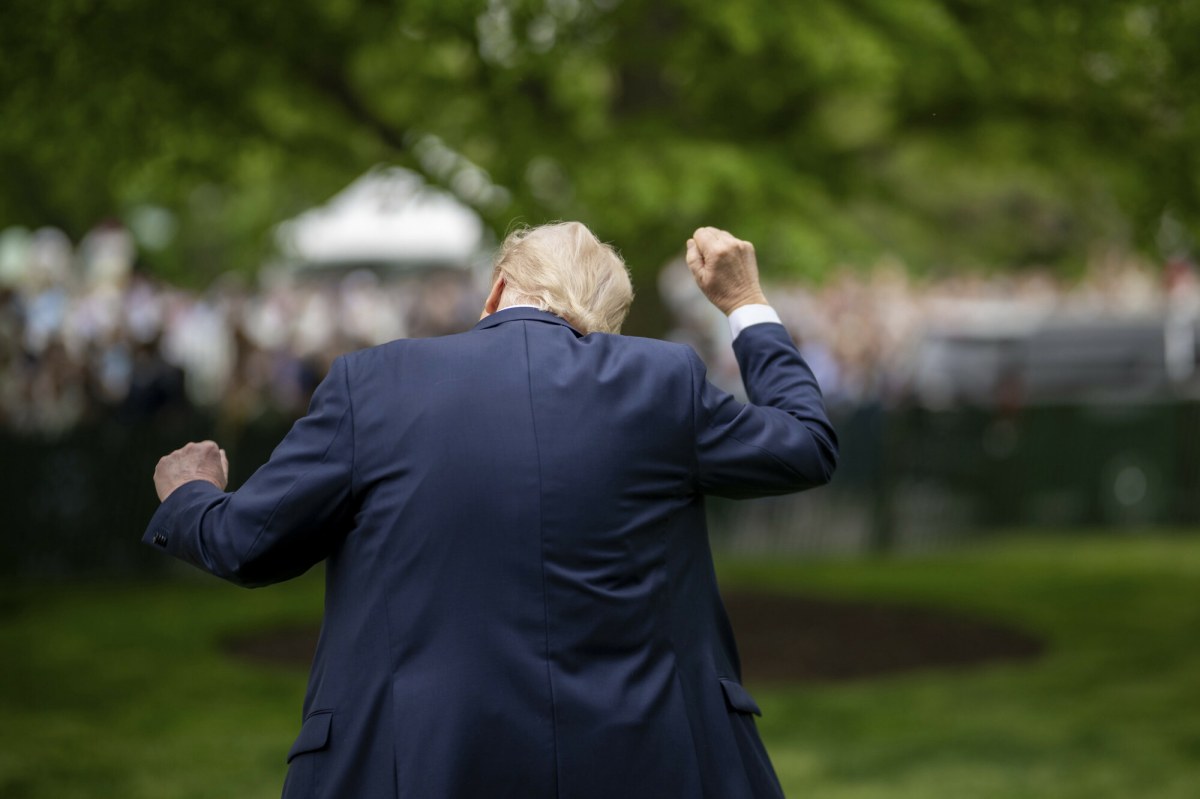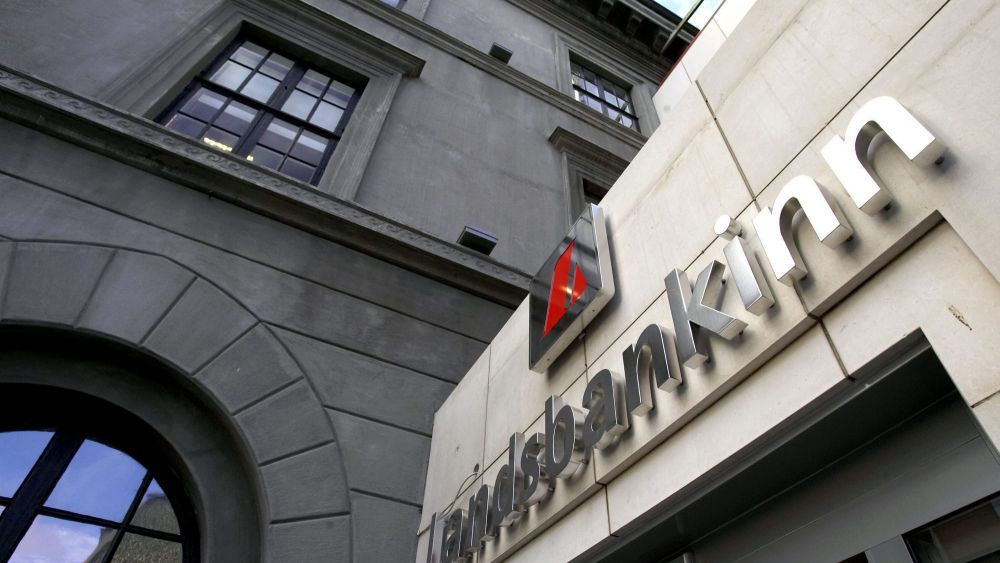
США отменили отказ тайваньской Semi от поставок чипов в Китай
После решения Трампа о приобретении 10% акций Intel многие задавались вопросом, как правительство США может направить бизнес и порядок в свои последние инвестиции. Вот как.
Сегодня утром США отозвали разрешение Taiwan Semiconductor Manufacturing (TSMC) на свободную доставку необходимого оборудования на свою основную китайскую базу производства чипов. Сокращение производственных возможностей на этом предприятии старшего поколения. Отмена будет требовать, чтобы поставщики на предприятиях производителя чипов в Китае активно искали лицензии США на поставки товаров, на которые распространяется экспортный контроль США; В том числе передовое производственное оборудование и запасные части.
 Тайваньское полу Объект в Нанкине.
Тайваньское полу Объект в Нанкине.По данным Bloomberg, американские чиновники недавно проинформировали TSMC о своем решении положить конец так называемому подтвержденному статусу конечного пользователя тайваньского производителя чипов, или VEU, для его сайта в Нанкине. Действия отражают шаги, предпринятые США для отмены обозначений VEU для объектов в Китае, принадлежащих Samsung Electronics и SK Hynix. Отказы истекают примерно через четыре месяца.
TSMC получила уведомление от правительства США о том, что наше разрешение VEU для TSMC Nanjing будет отменено с 31 декабря 2025 года. Об этом компания заявила в своем заявлении. «В то время как мы оцениваем ситуацию и принимаем соответствующие меры, включая общение с правительством США, мы по-прежнему полностью привержены обеспечению бесперебойной работы TSMC Nanjing. "
Последнее решение администрации Трампа ставит под угрозу деятельность в Китае некоторых из наиболее важных компаний в полупроводниковом секторе; Он родом из двух электростанций по производству чипов, которые также являются союзниками США. В то время как официальные лица США заявили, что они намерены выдавать лицензии, необходимые для поддержания этих объектов в рабочем состоянии, переход от общего разрешения к индивидуальным разрешениям создает неопределенность в отношении времени ожидания, чтобы фактически обеспечить эти разрешения. Чиновники в настоящее время работают над решениями для облегчения бюрократического бремени, особенно с учетом значительного отставания в существующих запросах на лицензии.
По сравнению с Samsung и SK Hynix, которые занимают значительную долю своего производства в Китае, производственный след TSMC во второй по величине экономике мира относительно невелик. Нанкинская площадка компании начала производство в 2018 году и внесла небольшую долю от общей выручки TSMC в прошлом году. В кампусе размещена технология 16-нанометровая, которая впервые стала коммерчески доступной более десяти лет назад.
На прошлой неделе BIS объявила о своем решении VEU для двух южнокорейских компаний, заявив, что США закрывают «лазейки экспортного контроля», которые ставят американские компании в невыгодное конкурентное положение. "
Агентство также официально отменило статус VEU Samsung и SK Hynix в федеральном реестре, публичный отчет о правилах США, и они сделали то же самое для обозначения VEU, предоставленного Intel Corp., для объекта в Даляне, Китай, который SK Hynix с тех пор приобрел. Согласно федеральному уведомлению, эти действия потребуют от официальных лиц США обрабатывать дополнительно 1000 запросов на лицензию ежегодно.
Поскольку статус VEU TSMC никогда не был опубликован в федеральном реестре, не было публичного регулирования для BIS, чтобы изменить так же, как для других затронутых компаний. Тем не менее, чистый эффект на TSMC, Samsung и SK Hynix одинаков: Когда отмена VEU вступит в силу, поставщики чипмейкеров в Китае должны будут активно искать лицензии США на поставки товаров, на которые распространяется экспортный контроль США. Это включает в себя все, от передового производственного оборудования до запасных частей и химических веществ, которые потребляются в процессе производства.
Ситуация подчеркивает степень влияния Вашингтона в цепочке поставок электронных компонентов, которые питают все, от микроволновых печей до телефонов и центров обработки данных, обучающих алгоритмам искусственного интеллекта, даже когда эти заводы управляются тремя неамериканскими компаниями в другой стране.
США в целом ограничили доступ Китая к американским материалам и оборудованию, которые могут быть использованы для производства передовых чипов, что является частью набора средств управления, предназначенных для ограничения мастерства ИИ азиатской страны. Сдерживание экспорта влияет не только на продажи китайским компаниям, но и на любые объекты, которые физически находятся в стране, включая заводы Samsung, SK Hynix и TSMC.
Тайлер Дерден
Туэ, 09/02/2025 - 13:25
















